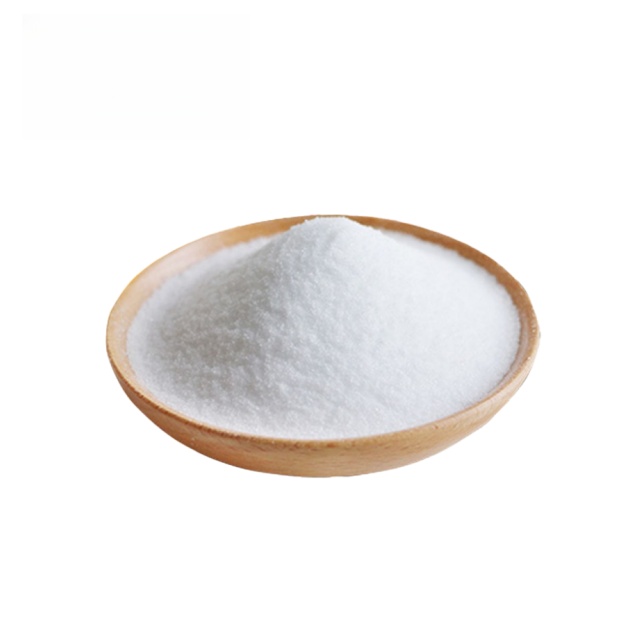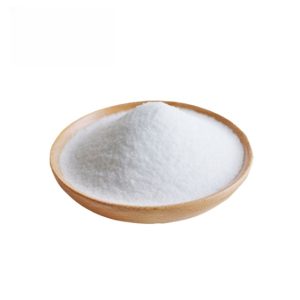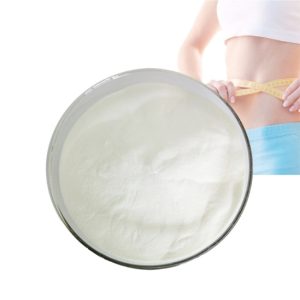Basic Information
- CAS Number: 56-87-1
- English Name: L-Lysine
- Aliases: L-2,6-Diaminohexanoic Acid; L-Hexanoic Acid; L-Lysine Base
- Molecular Formula: C6H14N2O2
- Molecular Weight: 146.19
Physical and Chemical Properties
- Appearance: White or nearly white crystalline powder
- Melting Point: Approx. 215°C (decomposes)
- Boiling Point: 311.5±32.0°C at 760 mmHg
- Density: 1.1±0.1 g/cm³
- Solubility:
- Solubility in water (g/100ml):
- At 0°C: 40
- At 20°C: 63
- At 40°C: 96
- At 60°C: 131
- Easily soluble in water and formic acid, difficult to dissolve in ethanol and ether.
- Solubility in water (g/100ml):
Uses
- Food Industry:
- Lysine is an important component of proteins and one of the eight essential amino acids that the human body cannot synthesize but needs. It is an excellent food enhancer.
- Adding lysine to beverages, rice, flour, canned food, etc., can improve protein utilization, promote growth and development, increase appetite, reduce disease, and enhance physical fitness.
- It has deodorizing and preservative effects in canned food.
- Pharmaceutical Industry:
- Can be used to prepare compound amino acid infusions, which have better effects and fewer side effects than hydrolyzed protein infusions.
- Can be formulated with various vitamins and glucose into nutritional supplements that are easily absorbed by the stomach and intestines after oral administration.
- Lysine can also improve the performance and efficacy of certain drugs.
Synthesis and Source
- Synthesis Method: L-Lysine is generally supplied in the market as L-Lysine hydrochloride, which is more stable than free L-Lysine. Free L-Lysine can be prepared from L-Lysine hydrochloride.
- Source: Can also be obtained by hydrolyzing animal proteins or synthesized from phenylacetyl piperidine.
Storage and Transportation
- Storage Conditions: Store in a dry, clean, and cool place below 0°C in a sealed container.
- Transportation: Handle with care, protect from moisture and sunlight, and do not mix with toxic and harmful substances.
Precautions
- Safety: L-Lysine, widely used in the food and pharmaceutical industries, is considered safe, but excessive intake or use in inappropriate situations may lead to adverse reactions.
- Drug Use: When L-Lysine hydrochloride granules are used as a medication, follow medical advice, pay attention to drug interactions, and be aware of adverse reactions.



Reviews
There are no reviews yet.